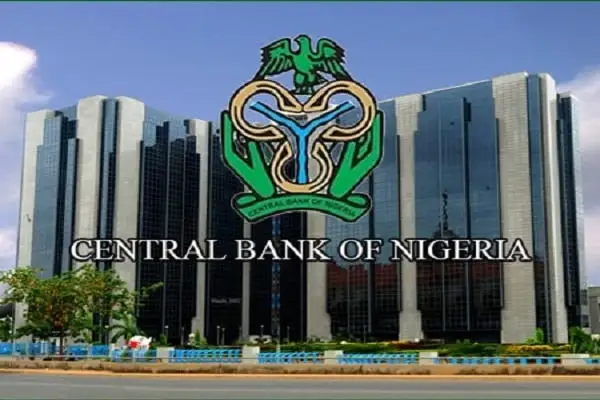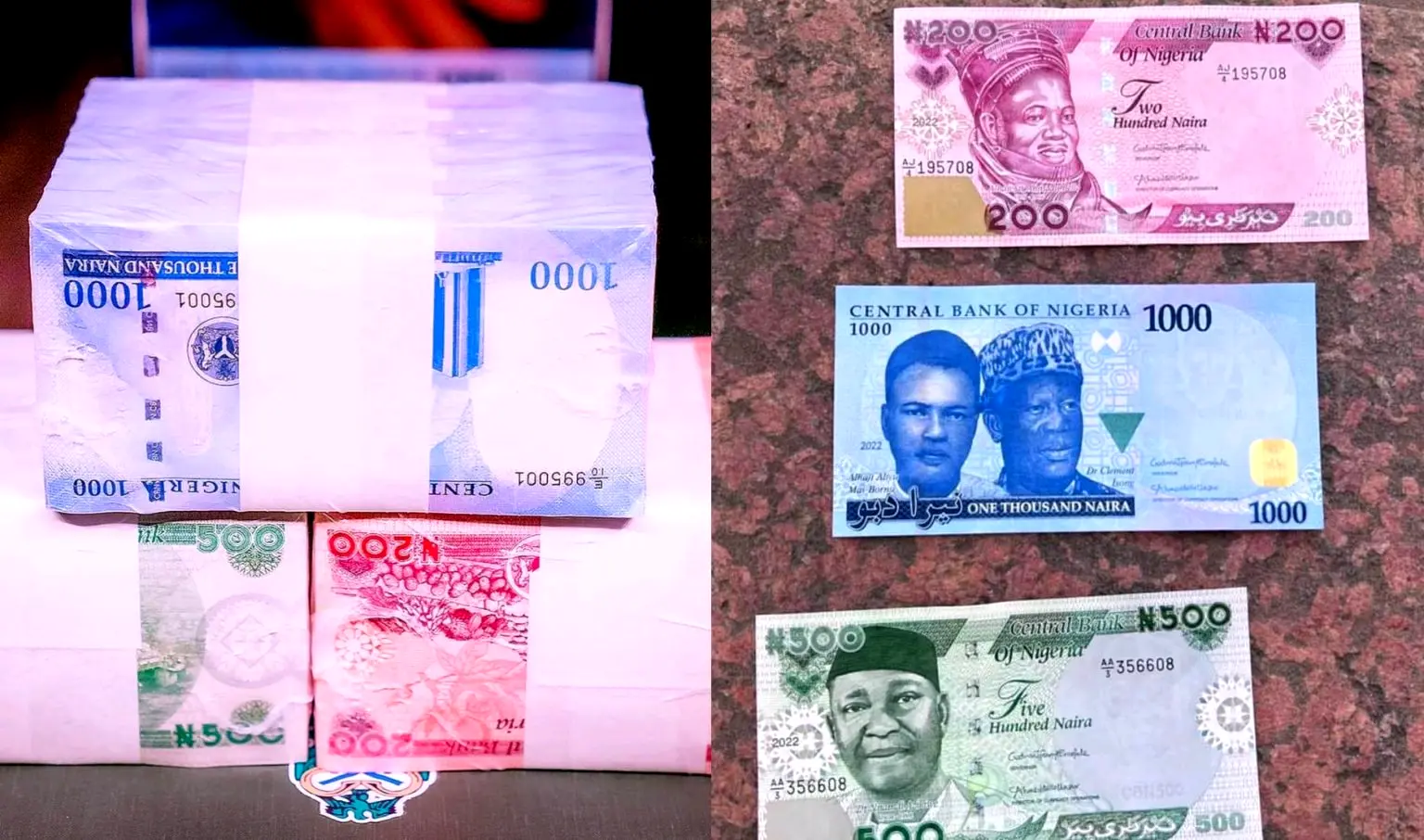News
E-Naira: What Experts Are Saying About Nigeria’s Project “Giant”
The Central Bank of Nigeria’s (CBN) digital currency dubbed “e-Naira” has sparked hot debates since the apex bank sent a presentation on its use case to Nigerian banks, slating October 1 as its launch date.
Across Nigeria’s finance industry and among cryptocurrency and blockchain enthusiasts, the question of the real impact (if any) that the newly created e-Naira would have on the economy, has popped up time and again, as have questions about how effective it would be in achieving the apex bank’s monetary policy and financial inclusion objectives.
Nairametrics spoke to several analysts to get a feel of the expectations and reservations of Nigeria’s finance juggernauts on the soon-to-launch e-Naira.
What are the financial experts saying?
Dr. Omobola Adu, a Research Analyst at GDL, had this to say: “I think the e-Naira is a good initiative in the sense that in the next couple of years, the global economy should be moving to digital currencies. We’ve heard announcements by various countries on plans to start their digital currency, so we can say that the CBN is moving in the right direction.”
However, he did not think the introduction of a digital currency would strengthen the value of the Naira.
“The eNaira is just a digital representation of the Naira itself, so it doesn’t strengthen the value of our currency,” he said.
“If I say 5 e-Naira is N5,000 today, what will make 1 e-Naira be N5,000 tomorrow will be the attractiveness of our currency and what we produce (existing factors). The existing factors (demand and supply) plus production levels will continue to be the major factors driving the value of the Naira,” he opined.
Dumebi Udegbunam, Fixed Income trader at UBA, hailed the move by the apex bank as a formidable step as the nation navigates into the 4th industrial revolution.
“I think it’s a good step forward to advance the banked population further and also encourage the financial inclusion ideology of the populace. We are entering into the next evolution and that’s the digital evolution and to be forward-thinking at this point in time is critical,” he said.
He postulated that the e-Naira would aid international trade and strengthen the Naira, but backward integration is still needed, stating:
“The elements that affect the volatility of the NGN index are beyond just getting an e-Naira. Will doing this directly affect the flow of Naira in diaspora and aid foreign and bilateral trade? Yes, but we need a strong backward integration to increase our export to give us a favorable balance of payment, which could positively affect the Naira.
“This initiative by the CBN may not directly affect the Naira. Still, it will indirectly positively affect the ease of doing business, especially with the trade, making Nigeria one of the first sub-Sahara Africa countries poised and prepared for digital evolution. To make this more effective, i.e., in terms of strengthening the Naira, there should be ideology sync or goals set by the monetary and fiscal policy to be next exporters and not net importers and also to improve the standard of living with the inflation elements in view as well.”
He also suggested that the internet and cyber connectivity would be the issue in implementing the e-Naira, stating:
“Nigeria is faced with power supply and internet connectivity issues (we have one of the slowest internet and worst networks in the world) for the implementation to be as vigorous as it is intended to be. The sectors directly involved in this should be improved to prevent sub-optimization or counter-productivity of the CBDC e-naira.
“Furthermore, there is the issue of cyber security. A recently released report showed that cybercrime will cost the world $10.5 trillion annually by 2025 in damages. In 2020 alone, the global loss from hacking and cybercrimes increased by nearly $ 1 trillion.
“For West Africa’s most populous nation not to add to these indices when the e-Naira is implemented, we need to invest in cyber security or partner with the right people to guide that heavily.”
Dr Ifeoluwa Ogunrinola, a lecturer at Covenant University, opined that the e-Naira is a welcome development that fits current global trends as other countries are also delving into the crypto alternative. However, the sceptical angle lies in its timeliness and popularity among Nigerians as a crypto alternative that the government centrally controls.
Dr Ogunrinola also raised concerns about the volatility of the Naira, saying, “CBN announced that the e-Naira would be pegged to the fiat currency, and so will function as a stablecoin. However, it is feared that the e-naira may inherit our paper currency’s volatile nature. There may therefore be not much advantage for introducing a digital version of the current fiat money.”
However, he opined that if the bottleneck is well handled, it may lead to improvements. “If the digital currency program is well situated, it could improve financial deepening and inclusion, ease trade settlement and exchanges, and eventually reduce the cost of paper money administration.
“It could also generate employment but not in any particularly significant way. In the long run, e-money administration will further expand the cause for digitalization in Nigeria.”
Dr Ogunrinola cited implementation as a significant challenge saying, “Implementation challenges will first be felt from public trust and acceptance angle. Then the cost of hosting and powering servers and data centers is another possible concern.”
What the tech experts are saying
Chuks Nwaneri, Lead Developer, QuickAir Networks Ltd, supports the move for an e-Naira. He said, “I think it’s a good thing and a right step to take at this time. The world is innovating for all the right reasons, and Nigeria shouldn’t be left out. The introduction of the Digital Currency by the apex bank will solve, to a large extent, some of the challenges it has been facing in the country over time, especially in the area of monetary and fiscal policy.”
He added, “The benefit is enormous even if we, the citizens, don’t momentarily see it. And as a country, we have to adjust to such necessities. If our local financial institutions are to remain relevant in the next five to ten years from now, this is the way to go.”
He also opined that financial inclusion would be a significant benefit saying, “One of the benefits of blockchain solutions like the CBDC is its ability to provide accessibility to all. And in the case of CBDC for this apex bank, this will mean promoting financial inclusion.
“Nigeria is among the seven biggest unbanked nations globally, as contained in a report by BNP Paribas. With the introduction of CBDC, the apex bank would be able to tackle this challenge and, by extension, help in tackling poverty in the country, among other things.”
He stated that much work has to be done in training the public to welcome the e-Niara. “Like every other thing, we will face our fair share of challenges associated with “change” and adjusting to a new way of doing things. Nigerians may still be confused about how it relates to their current funds in their local banks, what changes to expect and what not to. The Central Bank will have to up their game in sensitizing the people on this subject to ease usability and its acceptance by the populace,” he said.




